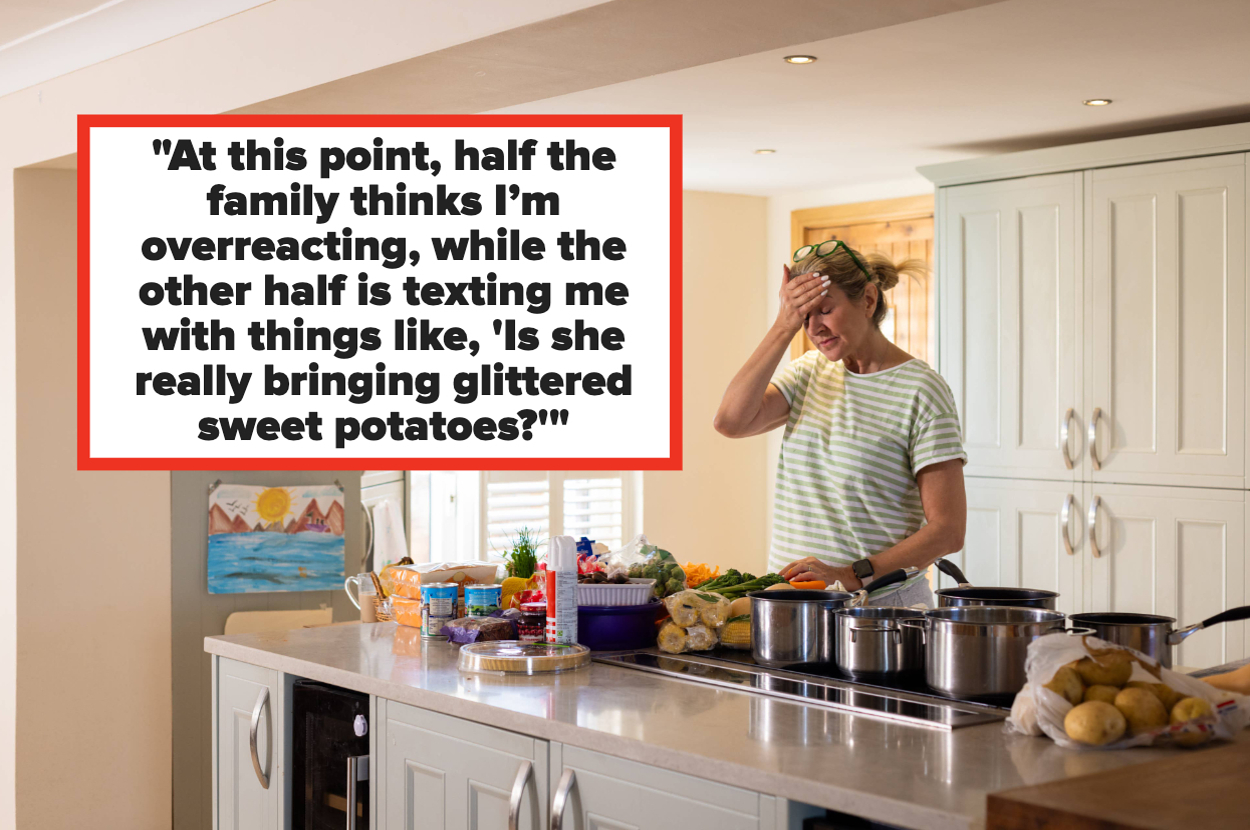In most kitchens, plastic chopping boards are a common sight. They are affordable, lightweight, and easy to clean, making them a popular option for home cooks and professional chefs alike. However, recent studies have raised concerns about the potential health and environmental risks associated with plastic chopping boards.
With growing awareness about microplastics and environmental sustainability, it's time to rethink this kitchen essential. Here’s why you should consider ditching plastic chopping boards and opting for healthier alternatives. 1.
Microplastics in your food One of the primary concerns with plastic chopping boards is the potential release of microplastics into your food. Every time you use a knife on a plastic board, small plastic particles may be scraped off the surface, especially when the board gets worn down over time. These tiny fragments, known as microplastics, are not visible to the naked eye but can easily mix with your food, posing potential health risks.
While the full impact of consuming microplastics is still being studied, research has shown that they can enter the digestive system and accumulate in human tissues. Ingesting plastic over time could lead to inflammation, toxicity, or interference with hormone function. To protect yourself and your family from these risks, switching to non-plastic chopping boards is a safer alternative.
2. Environmental impact Plastic chopping boards, like other plastic products, contribute to environmental pollut.


















